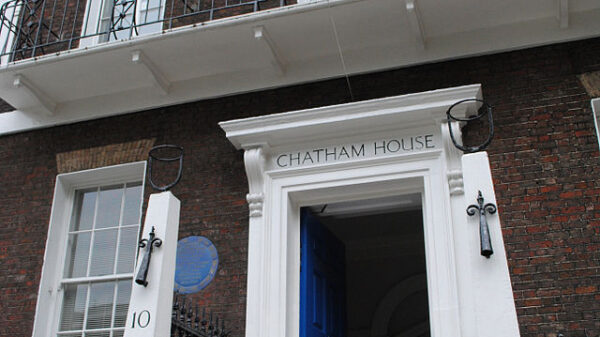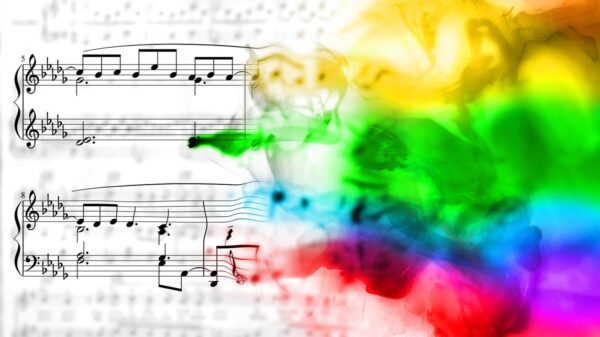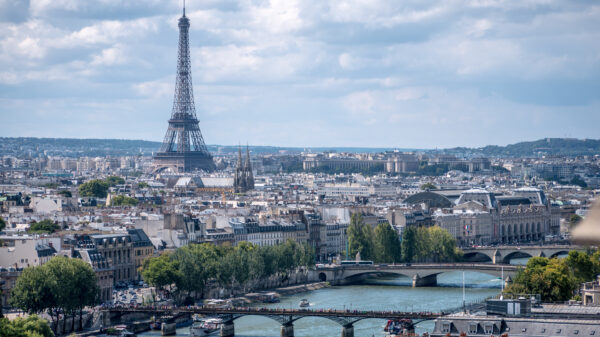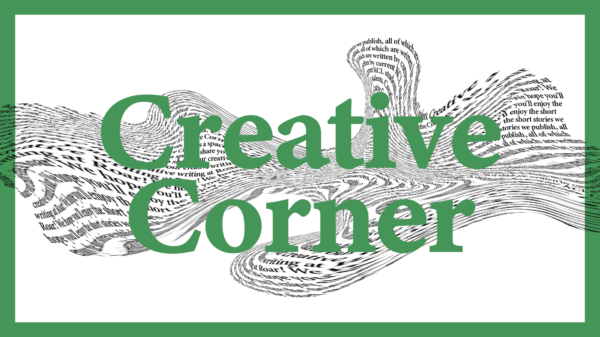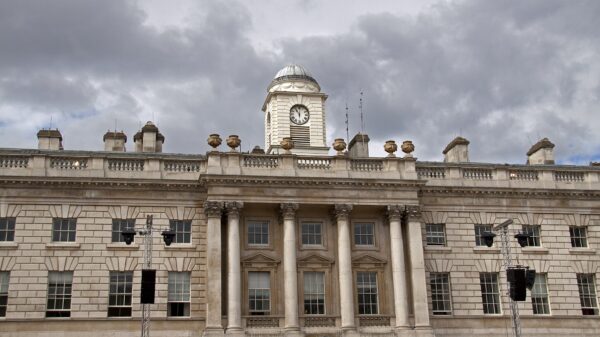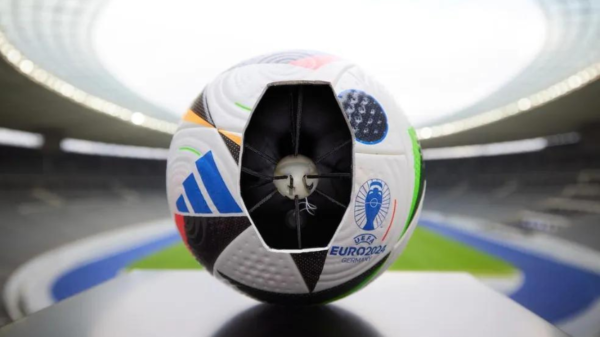What do the fans think?
This is the second part of a two part article looking at the takeover of Newcastle United, in part one we looked at the background the people behind and now in charge of the club. In this part we will take an in-depth look at what the fans think and the reaction in the city.
To better gauge the reaction of Newcastle fans, I conducted a quick interview with Chris Waugh, the Newcastle United reporter at The Athletic. He remarked: “It’s absolutely huge, it’s cliché historically forgotten about. Isolated, Football is key.”
This tells you all you need to know, all the emotions of the violent rollercoaster of unity, division, camaraderie and fiery independence that comes with being a fan of Newcastle United Football Club. Newcastle is the biggest city in the north east of England. Like many parts of the north, it has been brutalised in recent decades by government apathy and post-industrial decline, named in 2019 by The Guardian as one of the worst-hit cities by the crushing austerity of the preceding decade.
This is a direct demonstration of Chris’ point – “historically forgotten about”. A region and city that has been largely abandoned by its own country and where generations have been betrayed over and over again, given little hope and even littler investment. This is in large part why Newcastle United is such a cultural monolith, Newcastle is a true one club city. From coast to countryside, from river to peak, north of the Tyne (and even some points south) is black and white through and through. No derbies to split families or neighbourhoods being separated by loyalty to the most local team. In the centre of the city stands the the physical embodiment of the monolithic nature of the club – the stadium, the cathedral on the hill, the great place of worship for the whole city.
So with the fortunes of the club go that of the city, the club’s dominance of the English League in the first decade of nineteen hundreds coincided with the town thriving at the heart of industrial Britain. It was the backbone of the shipping, coal and steel industries. The early 1950s saw three successes in the FA Cup led by star man Jackie Milburn. Along with this, Newcastle was largely untouched by the ravages of the Second World War and it helped lead Britain’s devastated industry out of the darkness and into the post-war world. More recently, Kevin Keegan’s entertainers thrilled with exhilarating modern football as the city grappled with its post industrial position in the world as it attempted to pivot to a hub of tourism and science. The devastating inverse of this all is that as apparent are the ups, so are the downs. The Great Depression of the early 30s seeing Newcastle’s last title winning squad picked apart and a decade of malaise set in. In the 1980s, the last vestiges of industry were torn from the hands of the men whose lives were entirely predicated on its presence. At the same time, Newcastle was struggling in the first division and at times floundering in the second division. More recently, the post Robson struggles into the devastating Ashley years ran in almost perfect parallel with two decades of administrative abandonment. The club losing the one thing at the core of its relationship with the fans and the community – Hope. This is not to say Geordies think an upturn in club fortune will magically fix the problems in the city but it represents hope. I spoke to a lifelong Newcastle resident and fan in my own father who gave his take – “we work all day every day of the week, save up our money to go see the football at the weekend. It’s our only release.” A sentiment often reflected almost to the word by all time premier league goalscorer and Gosforth lad Alan Shearer. When I asked him what it meant to him – “it’s everything, it’s more than just the football, it’s our identity, as a city, as a collection of people. It’s what unites us and reminds us what it means to be a Geordie. Having the ability to dream and look forward back finally is game changing for everyone.” This intertwining of the everyday experience of life as a resident of Newcastle upon Tyne and the tumultuous fortunes of the magpies goes some way to explain the positive reaction to the takeover of the club by the new owners.
However, there is a final piece of the jigsaw puzzle which I’ve been alluding to. One which raises the most difficult questions, for both sides of the fence. For this most disturbing of pieces we must look to the west, to Manchester. Since Manchester City’s 2008 takeover the city of Manchester as a whole has seen significant investment from the Abu Dhabi government – namely the Manchester Life project announced in 2014 worth an estimated around one billion pounds. This has been largely a blueprint for the state takeover model. Also see the large scale investment from Qatar into Paris following their takeover of PSG. Once more back to my dad – “you know it’s a crying shame we’ve got to rely on foreign countries for some hope of investment. It’s a disgrace our own government can’t provide us what we need.” To me this encapsulates the feelings of the city perfectly, an uneasy apathy to where the money is coming from. A feeling like ‘if they don’t care, why should we?’.
Chris Waugh said in our conversation that he was “Uncomfortable with the positive reception Rumayyan received at Saint James’ park in the first game after the takeover.” A sentiment I wholly reflect, this is the flip side of the Newcastle fans’ clamouring for some hope, some light at the end of the tunnel, it’s driven some to praise where there should be no praise. It shouldn’t not be a celebration of the arrival of a despotic oil state but instead a condemnation of the British government that it has driven great parts of the country such as Newcastle to the point that they’d welcome it with open arms. For ultimately this is the goal of the sportswashing programs carried out by these states such as the UAE, Qatar, Saudi Arabia and co, to prey on the image of the entities they absorb and pass off as their own. To hide the crimes of the owner nation – in the case of the Saudis and Newcastle, ethnic cleansing, executions of members the LGBT community, oppression of women and more utter horrors behind a friendly veneer of support and attempting to normalise themselves in our institutions, it is an abhorrent coverup of crimes that cannot be ignored and should not be ignored. A glimmer of hope from Newcastle fans in this area is another point made by Chris, the idea that with the eyes being drawn to NUFC and the continued media circus that always whirs about the club will in fact have the opposite affect. One can hope it’ll draw more eyes to their crimes and bring wider and sustained condemnation of their actions rather then act as the cover it is intended to do.
Newcastle United has lived dozens of lives and this is just one – it’ll live this one and more. It’ll continue to stand as the cornerstone of the community, the guiding light in times of turmoil, the church where Geordies preach their unified identity. But this life, this wild life of this wild, wild club should be looked at as a tale of greed, feeding desperation, feeding greed. A grand city being pushed into the arms of one evil due to the neglect of another. Everyday regular people being directly confronted with not only the failings and contempt held for them by their own government but of the wider wrongdoings and crimes of places afar. A perfect encapsulation of the modern world being brought to your front door and slapping you in the face. An era of not just Newcastle United but an era of football that should stand as a monument to what people will accept when pushed to the limits by those who are meant to protect them. And to the relentless greed of those who fail to do so. We cannot forget the crimes that this is being used to cover, nor can we forget the crimes that led us to this point. Ultimately, amongst it all Newcastle fans will keep doing what they do best: hope.


